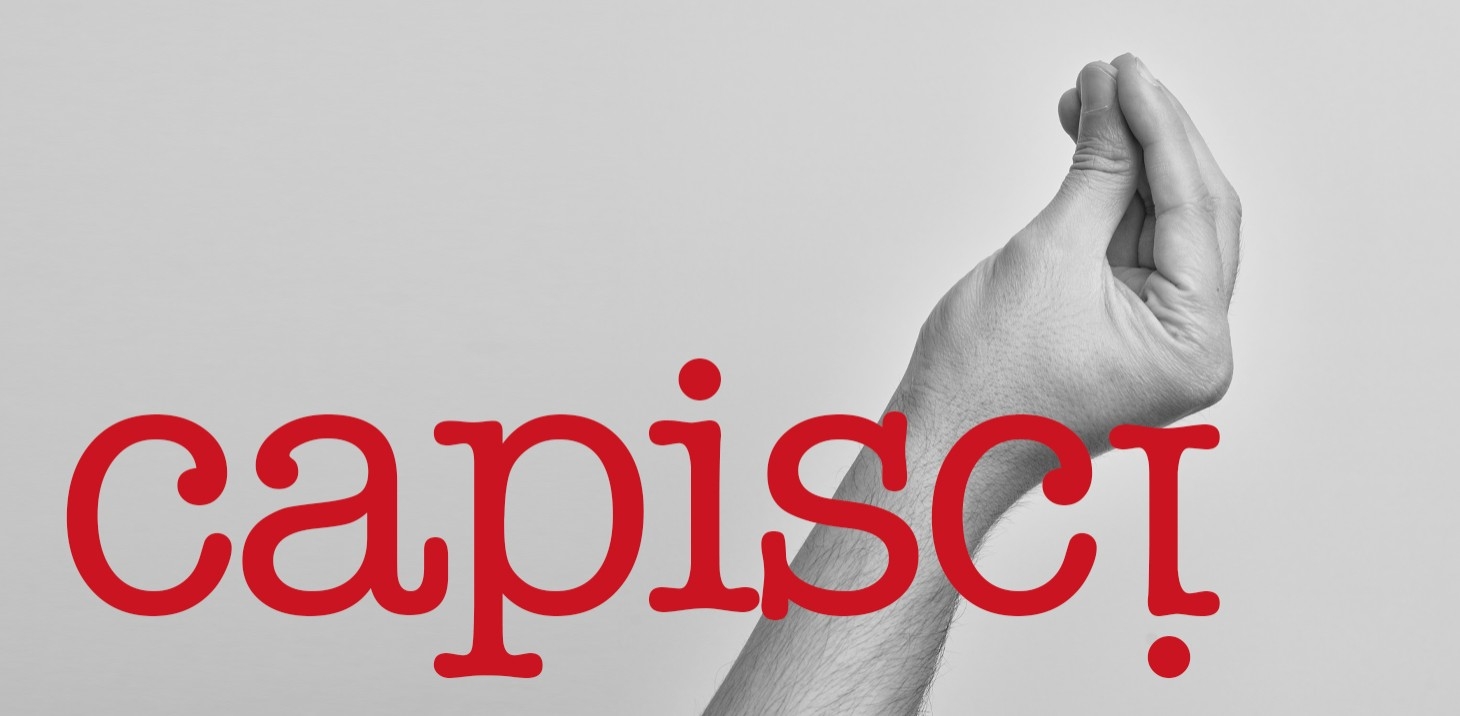
Alcoholic strength in wine
Why does the alcohol content in wine continue to rise over decades?
It's not that the winemakers simply want more alcohol in the wine - the higher ethanol content is primarily also due to the steadily rising temperatures in southern wine regions. The winemakers simply have no other choice.
More sugar means more alcohol.
Higher hours of sunshine and temperatures create a higher sugar content in the grapes, which automatically leads to more alcohol in the final product during fermentation. This is because the alcoholic fermentation triggered by the yeast converts sugar into alcohol. This means that especially if a dry wine is to be produced, the winemaker has no choice but to convert the sugar completely into alcohol.
It should be noted that not all wine regions are affected by this change in exactly the same way. Where as in countries like Spain and, to some extent, Italy, vineyards are being moved to higher altitudes, in Australia, for example, it is becoming an ever greater challenge.
The super-ripe grapes sometimes produce red wines with over 17% natural alcohol content. Often the winemakers then help themselves with the measures for dealcoholization by adding tartaric acid.
However, not only the climate is decisive for the alcohol content but also the grape variety. As with other fruits, grapes have great differences in their natural sugar content. For example, the Sangiovese grape naturally has more sugar than a Pinot Nero.
When rating the alcohol content, it is important to take into account the location of the wine as well as the respective vintage. Even a wine with low alcohol can appear ethanolic on the palate - however, this can also be due to the fact that tannins and acidity have not been sufficiently balanced.
Alcohol is a flavor carrier that accentuates other flavors such as red berries, cherries and spices of the wine and gives a long-lasting finish. In addition, the alcohol, as a natural preservative, also serves the aging process.
Weibel Weine AG
Moosweg 40, Postfach
3604 Thun-Gwatt
033 334 55 55
Opening hours
Monday to Friday 7.30 am - 6.30 pm
Saturday 10.00 am - 4.00 pm
Weibel Weinhandel AG
Früebergstrasse 41
6340 Baar
041 760 67 01
Opening hours
Monday closed
Tuesday to Friday
9.00 am - 12.30 pm | 1.30 pm - 6.30 pm
Saturday
9.00 am - 4.00 pm
Company Holidays
July 13th - 27th, 2026
